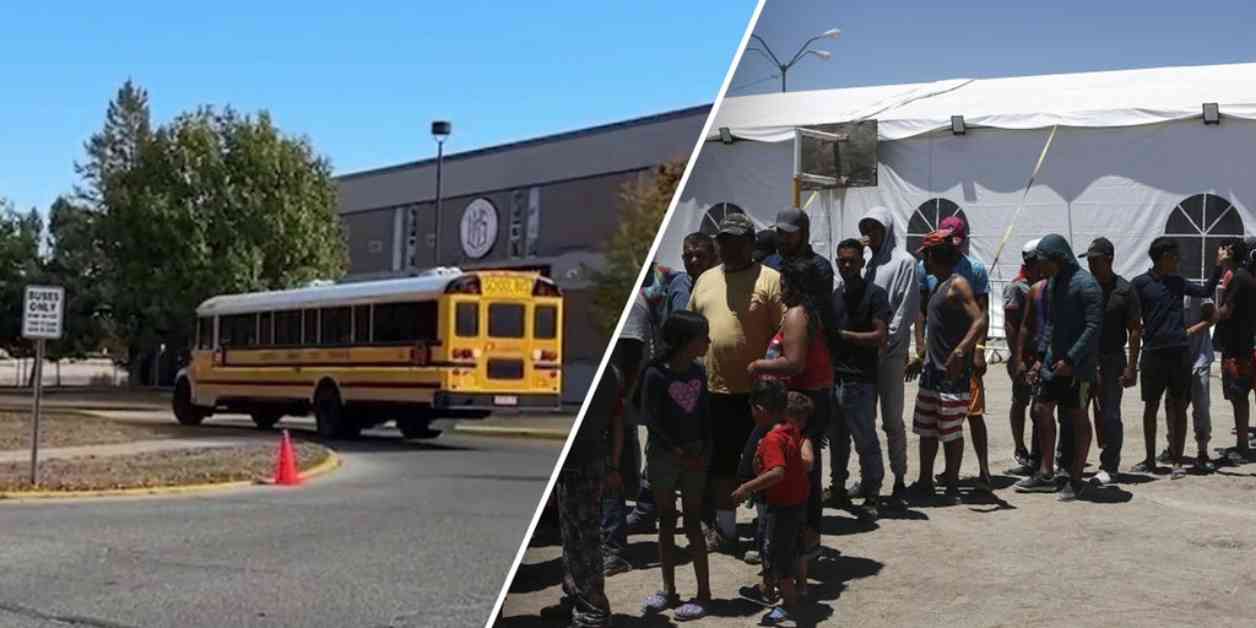Pressure is increasing on the Biden administration to terminate its migrant parole program for nationals from Cuba, Haiti, Nicaragua, and Venezuela. Republicans argue that migrants from these countries are placing “stress and burdens” on communities across the U.S. A group of 27 lawmakers, led by Reps. Guy Reschenthaler, R-Pa., and Chip Roy, R-Texas, have sent a letter to Department of Homeland Security (DHS) Secretary Alejandro Mayorkas urging the end of what they consider an “unlawful” parole process for these nationalities.
The program allows up to 30,000 nationals each month to enter the U.S. through humanitarian parole after receiving advance travel authorization. Over half a million nationals have entered the country under this program, part of the administration’s efforts to expand “lawful pathways.” However, lawmakers highlight the strain experienced by communities nationwide due to an influx of migrants, particularly from Haiti.
Residents in towns like Charleroi, Pennsylvania, and Logansport, Indiana, have reported feeling overwhelmed by the increase in population and the strain on local services caused by Haitian migrants. The Biden administration has extended Temporary Protected Status (TPS) for Haitians and Venezuelans, providing protection from deportation and work permits to many arrivals.
The lawmakers point out that state governors have criticized the administration for failing to communicate crucial information about the arrival times, residency duration, legal status, and locations of CHNV parolees, causing confusion and alarm among local officials and the public. The administration temporarily halted issuing authorizations after fraud was discovered among sponsor applications. While new applications are still being accepted, paroles for arrivals are not being renewed.
Officials stress that the CHNV processes provide a safe and orderly way for nationals to reach the U.S. and have led to a significant drop in encounters between ports of entry at the border. Migrants are responsible for their travel, undergo vetting processes, and are not allowed to enter if they fail to pass these checks. The DHS is working with communities to expedite the work authorization process and provide on-the-ground immigration services to eligible migrants.
Over $650 million has been allocated by DHS to support communities receiving migrants across the U.S. As migration and border security become key election issues, former President Donald Trump has pledged to end parole programs if reelected. Rep. Jim Banks, R-Ind., introduced legislation to limit the number of parolees and restrict TPS usage. Vice President Kamala Harris has committed to signing a border security bill if elected and advocates for comprehensive immigration reform, including a pathway to citizenship for illegal immigrants and TPS recipients.





















